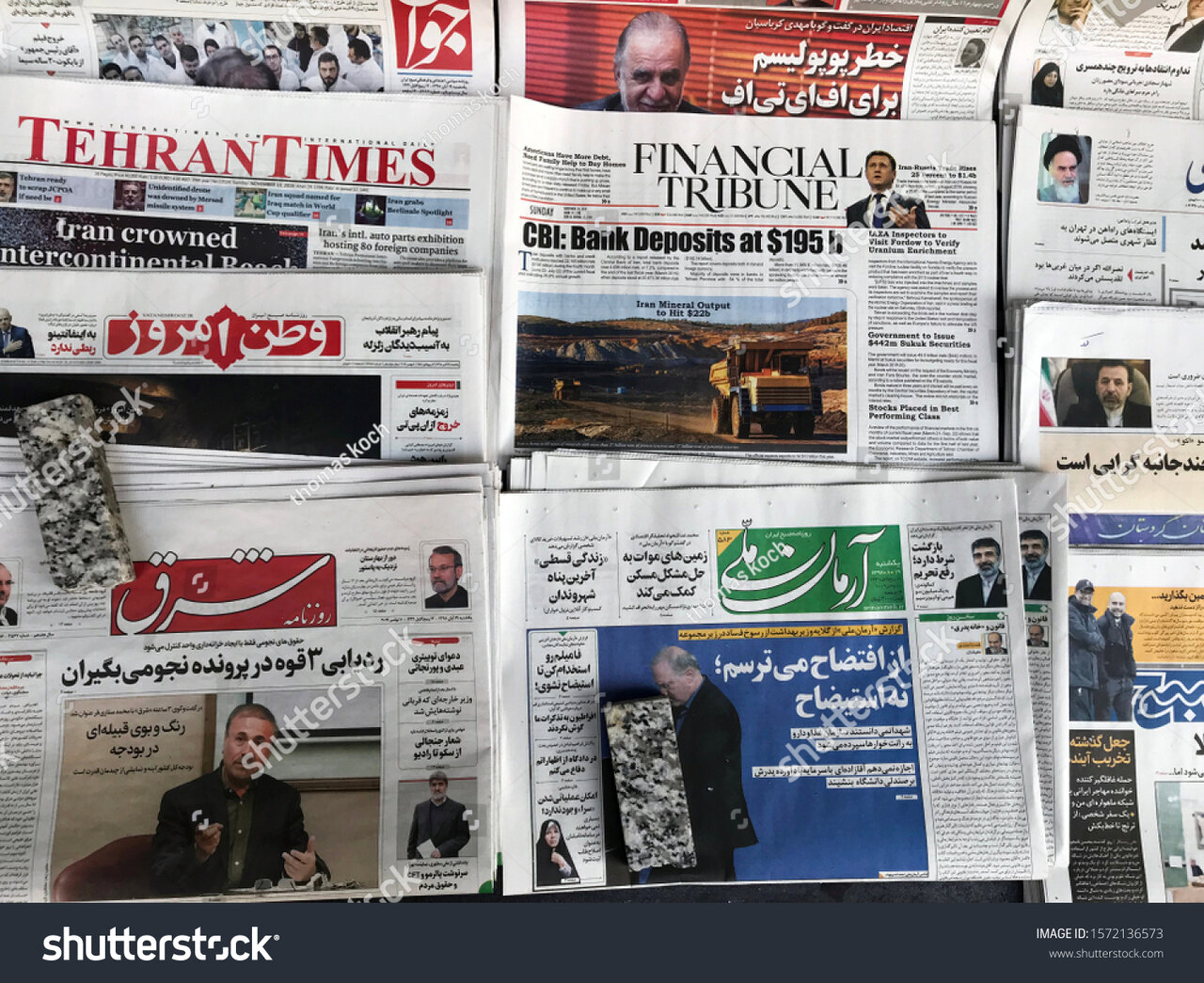The new mission of the IRGC in distant waters

In an analysis, Vatan-e-Emrooz wrote about the IRGC Navy's new mission: Admiral Alireza Tangsiri, commander of the IRGC Navy, declared that cruise missiles with a range of 2,000 km have been installed on the warships of this force.
This is the latest step of the IRGC to deal with distant targets in the sea and a more powerful presence in the waters outside the Persian Gulf.
This is a program that has been on the serious agenda of this force in recent years.
At the end of the 1980s, according to the division of missions between the Iranian Navy and the IRGC, the security of the Persian Gulf up to the Strait of Hormuz was entrusted to the IRGC Navy, and presence in distant and international waters was assigned to the Navy due to the fact that this force was equipped with large vessels. However, in the new program of the armed forces, the IRGC Navy has been assigned to be present in the far waters in the Indian Ocean, up to the Strait of Bab al-Mandab and the Gulf of Aden.
Kayhan: Only if MKO ringleaders are handed over to Iran to stand trial
In its editorial, Kayhan discussed the issue of Albania's attack on the MKO.
The newspaper’s chief columnist Hossein Shariatmadari says: "Tuesday's events in France and Albania should be clearly seen as the exemplary authority of the Islamic Republic and the despair of the West in its 44-year effort to confront Iran." The authority of Iran and its prominent position and role-playing in the Islamic world and the region, and even in the backyards of the U.S. in Latin America, have made the enemy to come to the definite conclusion that it cannot rely on obsolete tools such as renting a terrorist organization to create security problems and malicious operations. But Iran should not be satisfied with the actions of the West against MKO in the past two days and should announce that it considers the West's dealings with these terrorists as serious only is these germs of corruption and professional killers are handed over to Iran to stand trial and face punishment.
Etemad: To resume the European negotiations after America
In a commentary, Etemad discussed the negotiations of Ali Bagheri, the chief nuclear negotiator of the Islamic Republic of Iran, in the Abu Dhabi, with his counterparts from the three European countries that are party to the JCPOA (Germany, Britain, and France).
It wrote: The latest negotiations are being held in conditions where the media have declared that Tehran and Washington are getting closer to an unwritten and informal agreement based on which the two sides will give each other some concessions. It seems that the European Union and the three European countries are not party to the negotiations regarding this agreement. According to experts, a possible agreement between Iran and the United States will not by itself stop the JCPOA negotiations and will not conflict with the 2015 nuclear agreement, and it will only be done with the aim of a ‘political ceasefire’ and reducing tension between Iran and the United States.
Abdolreza Farji-Rad, a professor of political geography, believes that the Europeans resumed their negotiations with Tehran after they realized that there had been progress in the negotiations between Iran and the United States with the aim of being informed of the content of these negotiations.
Europe's goal is not to fall behind the negotiations with Iran and has an opportunity to be aware of the agreements which has done and to convey its concerns to Tehran. He added that the negotiations between Iran and America were successful because the release of a part of Iran's blocked assets in Iraq was not possible without the permission of the U.S.
Siasat-e-Rooz: Escaping from more scandal
In its editorial, Siasat-e-Rooz addressed the issue of the Albanian police’s attack on the headquarters of the MKO and said: In the riots last fall, the Westerners were loyal to the foreign opposition claimants, from Pahlavi and Ismaeilion to Mehtadi and Alinejad, etc., and spent a lot of money on their circuses. However, their alleged solidarity charter did not last for a few months, and finally, their coalition collapsed with great scandal.
This collapse coupled with the widespread financial corruption of these people, who declare themselves as the flagbearers of opposition to the Islamic Republic, caused heavy costs for the West that finally left the West with no option other than decreasing support for them. The totality of what happened to the terrorist MKO group and the fate of the foreign-based opposition groups showed that these groups, while having serious disputes with each other, have no status inside or outside the country.
Even countries that are hostile to Iran show do not consider them seriously. The only option available to their Western masters is to avoid more scandals and stop supporting these terrorists and politically bankrupt stateless people.
Leave a Comment